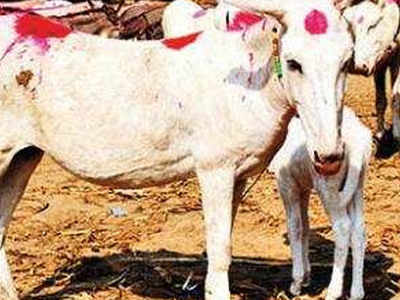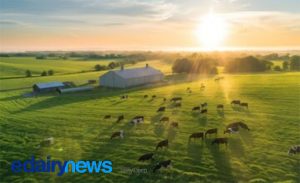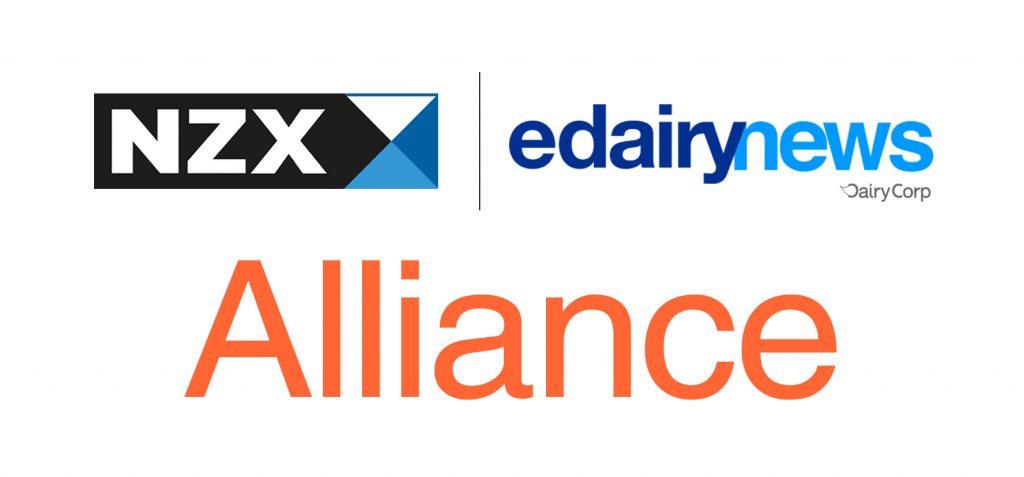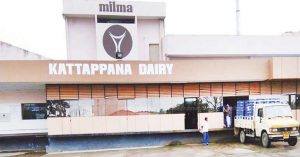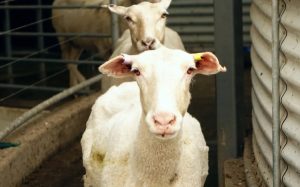The population of Halari donkeys, which earned independent breed status just two years back, is steadily declining in its native tract of Jamnagar and Devbhumi Dwarka districts (earlier known as the Halar region of Gujarat).
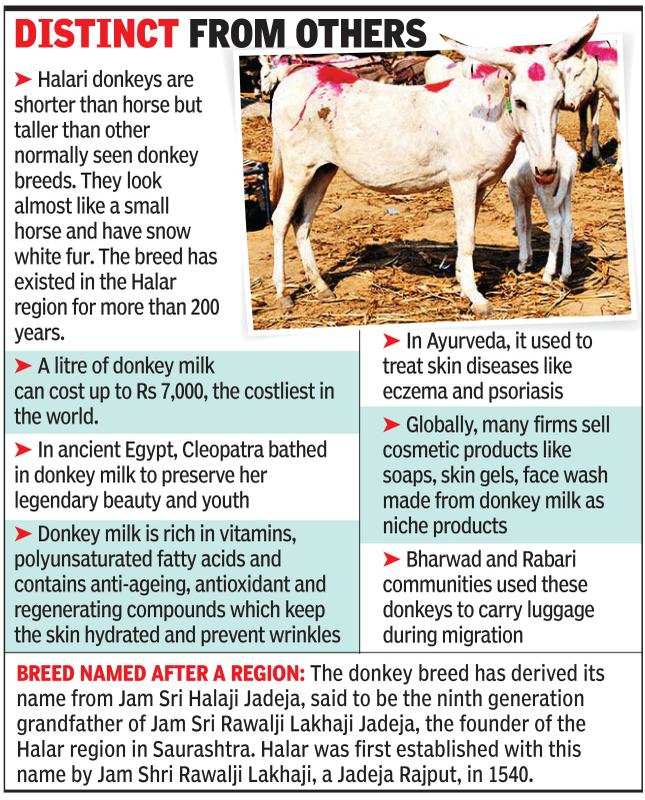
A survey of the breed’s population revealed that there are just 662 animals of this breed left in the region as compared to 1,112 animals counted in teh first-ever survey done in 2015. These donkeys are spread over an area of 18,176 sq km.
“Just within five years, their population has almost halved. In fact, entire Saurashtra region put together, its population is just 1,573. If no urgent steps are taken now, the breed will become extinct in the next five years,” said Ramesh Bhatti, programme director of Sahjeevan Trust.
The Bhuj-based trust had collaborated with Anand Agricultural University (AAU) and Directorate of Animal Husbandry of Gujarat government for the national recognition of the breed.
Some of the main reasons for their shrinking numbers is depleting grazing land due to constructions, restrictions of grazing in the forest area and dwindling number of male donkeys. Of the 662 donkeys surveyed in their native tract, just 60-odd were male. “Female donkeys are easy to manage by pastoral ladies. Also, as the herd size of donkey shrank, it became difficult for breeders to maintain large herd and they lost interest in donkey breeding,” the survey report states.
In 2018 the National Bureau of Animal Genetic Resources (NBAGR), the nodal agency of the Indian Council of Agricultural Research (ICAR) for registration of new breeds, had granted Halari independent breed status – the first one from Gujarat and second such donkey breed to be recognised in the country.
The National Research Centre on Equines (NRCE) has embarked on the project to start donkey milk dairy in Haryana’s Hisar. NRCE has procured 11 Halari donkeys from Chanasma in Patan district where the donkeys are maintained as nucleus stock at the government horse breeding farm since the last five years. “We have submitted an action plan for conservation of the breed,” said Bhatti. The organization has recommended that male donkeys which are maintained at the Chanasma farm should be shifited to Jamnagar, Upleta or any other place in Saurashtra where they can mate with females. Also, Gujarat government should provide incentive to Halari donkey breeders – similar to what Rajasthan government did for camels.
Alarmed at swiftly dwindling numbers of camels, Rajasthan government has launched a scheme whereby Rs 10,000 cash incentive is provided to camel farmers on the birth of each calf.

